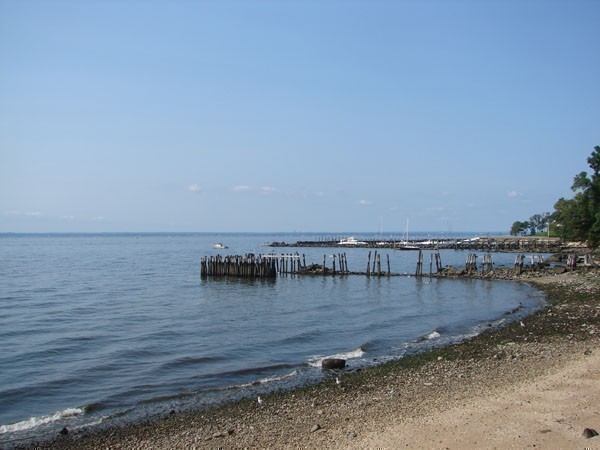Local legislators propose ban on hydrofracking
Nassau Dems and Republicans: Wastewater from fracking should not be processed in Nassau
Nassau County Legislators Denise Ford, Howard Kopel and Dennis Dunne, all Republicans, recently filed legislation to ban the processing of hydraulic fracturing, or “hydrofracking,” waste at county sewage-treatment plants. On March 26, the Republicans’ bill passed out of the Legislature’s Planning and Rules Committee.
Legislators Dave Denenberg (D-Merrick) and Delia DeRiggi-Whitton (D-Glen Cove) filed a similar bill last week. The bills, which include minor differences, both aim to keep fracking waste out of the county’s plants and, ultimately, protect the county's water.
Hydraulic fracturing, or "fracking," involves the injection of millions of gallons of water, chemicals and sand into shale rock formations at high pressure to break apart the rock and release trapped natural gas. The process has received wide negative attention over the past several years, due to its connection with significant water pollution, as well as other environmental problems.
Although fracking doesn't currently take place in New York, it could in the near future. A statewide moratorium on fracking is set to expire at the end of 2012.
Even more unnerving for some local critics is fracking's potential impact on Long Island.
In September 2009, the state's Department of Environmental Conservation issued a report including potential natural gas drilling activities in the Marcellus Shale formation — a black shale formation that extends deep underground from Ohio and West Virginia, to Pennsylvania and southern New York — and a identified potential Long Island wastewater treatment facilities for processing fracturing waste in Inwood, Bay Park, Cedar Creek and Glen Cove. A revised draft by the DEC in September 2011 stated that those four facilities were capable of handling flowback water or other wastewater from hydraulic fracturing activities.

 50.0°,
Overcast
50.0°,
Overcast 




